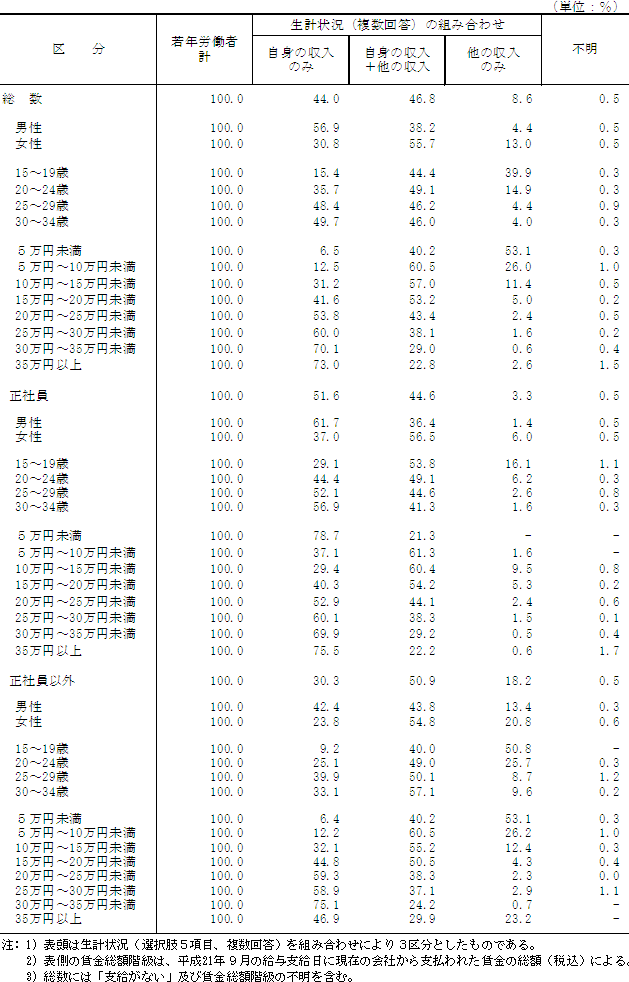Like in the UK, you are required to pay the government if you have a television. However, there are no real fines if you refuse to pay. Sooner or later you will find an old guy from the Japanese government channel NHK knocking at your door and asking if you have a TV. Say no and he’ll go away for a while. Say yes and he will order you to pay. Over and over again. Even if you say you never watch NHK because it’s made for insomniacs who don’t respond to strong drugs, or never even turn on the tube at all, he’ll demand your money. And having a satellite dish hanging out on your balcony is a dead giveaway. One way around this is to live in a building where the building has the dish, and you just plug in your “broadcast satellite (BS) tuner” from inside your room.
That’s from The Japan FAQ, long one of my favorite English-language resources regarding living in Japan.
NHK reports that nearly 40 million households pay NHK fees. That’s out of about 50 million households in Japan — so non-payers are definitely in the minority.
NHK is getting better at collecting its fees, too. Analog TV has almost become obsolete, and digital TVs have identifying chips which make it possible to link an individual TV with an individual NHK contract. If you use a new TV for more than a month, it will start showing nag messages superimposed over the NHK BS channels, telling you to call NHK and get the TV registered to your NHK account. NHK has also sued some non-payers, which is somewhat intimidating but not an economically effective way to compel payment: 33 households were sued in summary court in 2006, and of those, two viewers’ appeals lodged with the Tokyo High Court were only dismissed this June.
I have always had an uneasy relationship with television license fees. On one hand, broadcasters supported by license fees, like NHK and the BBC, offer some of the very best programming in the world, almost completely free of commercial content. Terrestrial TV in Japan is largely a cesspool of talentless celebrities, product placement and blatant commercial fluff, but NHK’s channels carry a wide array of useful and sensible programming. Even for fresh-off-the-boat foreigners who don’t speak a word of Japanese, NHK dubs its evening news into English and rebroadcasts news and documentary programs from around the world (and they tell you how to pay for it all in English).
On the other hand, the license fee itself is essentially a regressive tax. Basically every household has to pay the same amount, and it isn’t pocket change–it’s currently around 15,000 yen per year for terrestrial broadcasts and around 25,000 yen if BS channels are included. There are exceptions for disabled people and people on welfare, but able-bodied working people with low incomes are shaken down to a proportionally higher degree than wealthier people. The fee is determined somewhat arbitrarily by NHK and approved by the Internal Affairs Minister. Even though NHK is nominally a viewer-supported private association, it is chartered by the government, its board is chosen by the Diet, and its budget is subject to review in the Diet.
I grew up with PBS in the United States, which is a sort of constellation of private non-profit broadcasters funded by a combination of voluntary viewer donations, corporate sponsorship, foundation grants on behalf of dead rich people, and state and federal subsidies (including a large amount of federal money pushed in through the Corporation for Public Broadcasting). The advantage to this system is that anyone can legally own a TV and watch PBS without paying a dime; the disadvantage is that the programming is dictated by the interests who actually *do* pay, and the way this works is not always transparent even to viewers paying into the system. There is also a lot of PBS air time devoted to begging for donations, usually through periodic “pledge weeks” which disrupt ordinary programming.
Personally, although I am a free-marketer in other spheres, I believe that if public broadcasting is going to be heavily government-influenced anyway, it might as well be funded by the government, and the costs spread among the public just as they would be for any other government expense. But if given the choice of either NHK or PBS, I would probably take PBS and throw money at it every now and then so long as it’s relevant to me, rather than live with NHK’s mandated entitlement to a fixed chunk of my income even if I don’t care for its programming at all.
If you don’t want to pay NHK, there are a few ways to legally avoid the fee:
* Don’t own a TV. Note that, legally speaking, any sort of TV tuner which can receive NHK will subject you to the NHK tax. This includes mobile phones and computers that have TV tuners built in.
* Don’t use your TV for the purpose of receiving broadcast signals. (Or get a TV which is incapable of receiving signals. Many expats get TVs from US military bases, which can be used for watching movies on disc, or as a large-screen computer display, but cannot get Japanese TV signals; therefore no NHK tax is incurred by owning one.)
* Set up a school or welfare facility of some sort (these are exempt from fees).
* Become gravely disabled and/or go on government assistance.
* Leave Japan.
The Japan FAQ is still correct in that illegally avoiding the fee is easy. Unlike the UK, where TV freeloaders can be fined by the government, Japan decided not to impose any penalties for failing to pay the NHK tax. The only practical penalties are BS nag screens, periodic doorbell rings by NHK collectors, and the risk of a lawsuit (which generally has no teeth in Japan, since there is no contempt of court here and appeals are both easy and time-consuming).

